Hypertension, a prevalent health issue that increases the risk of cardiovascular disease and stroke, can be managed through various approaches. Herbal treatments, deeply rooted in Ayurveda, Traditional Chinese Medicine, and Native American medicine, offer a promising avenue. These herbs’ anti-inflammatory, free radical-protecting, and blood vessel-relaxing properties suggest they can help naturally control blood pressure without needing medication. This study delves into the potential uses of thyme, garlic, hibiscus, and olive leaf, among other plants, in treating hypertension. By sharing knowledge on these natural remedies, we aim to inspire individuals to participate actively in their healthcare. It’s possible to control blood pressure and reduce the risk of cardiovascular disease through these herbs, either alone or in conjunction with other healthy lifestyle changes. Discover the potential of 20 herbs like basil, celery, and thyme in managing hypertension and control blood pressure.
Control Your Blood Pressure Naturally with These 20 Herbs
Basil

As you journey to manage hypertension, consider the role of natural calcium channel blocker basil. Its high eugenol content has been found to help control hypertension by preventing excessive calcium from reaching damaging areas, thereby promoting blood vessel relaxation. However, it’s crucial to emphasise the importance of professional advice. Please consult your doctor before making significant dietary changes, such as incorporating more basil into your tea or overall intake, to ensure it aligns with your health needs. This way, you can feel reassured and safe about your health choices, knowing that a healthcare professional guides them.
Ginger
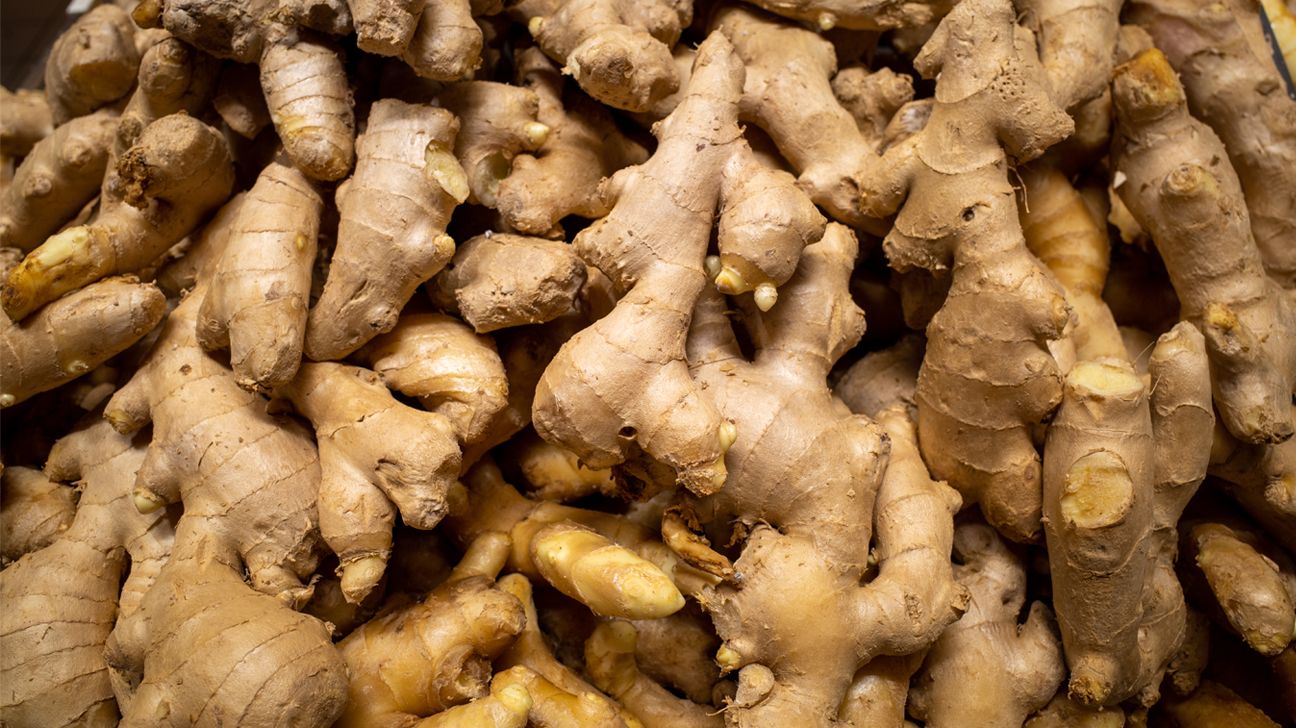
Ginger is a spice that blocks calcium channel blockers and angiotensin-converting enzymes (ACEs), helping lower blood pressure. By loosening the veins and arteries from strain, it lowers blood pressure. Ginger’s antioxidant properties boost blood flow and aid in keeping steady blood vessel performance. Among them are zingerone, paradol, shogaols, and gingerols. Take three grams of ginger daily to help drop your blood pressure throughout seven to twelve weeks. See your doctor before you start radically changing your diet.
Cinnamon
:max_bytes(150000):strip_icc()/TypesOfCinnamon-a19795a82bc5432c84a8fa57f480533b.jpg)
According to some research, Cinnamon has diastolic and maybe systolic blood pressure-lowering potential. More research is required to validate its dependability. Studies have shown that Cinnamon may lower total cholesterol and fasting blood glucose levels, which may help manage blood sugar. Even though Cinnamon has potential benefits, it is essential to talk to a doctor before taking it. Unfortunately, human studies have not shown proof that Cinnamon may cure health problems. In terms of crucial heart-healthy habits, Cinnamon should take a back seat.
Garlic
:max_bytes(150000):strip_icc()/Garlic-547276b9a356409eacef7284682b594a.jpg)
Some research suggests that cinnamon may affect blood pressure, particularly diastolic and systolic readings. Still, we need further study to know how effective it is. Some research suggests that cinnamon may aid with blood sugar control by lowering total cholesterol and fasting blood glucose levels. Clinical studies have not provided enough evidence to support cinnamon’s use in treating any ailment. Thus, it is vital to visit a doctor before taking it, even if it may benefit health. Focusing on cinnamon in meals isn’t as important as prioritising heart-healthy activities.
Celery
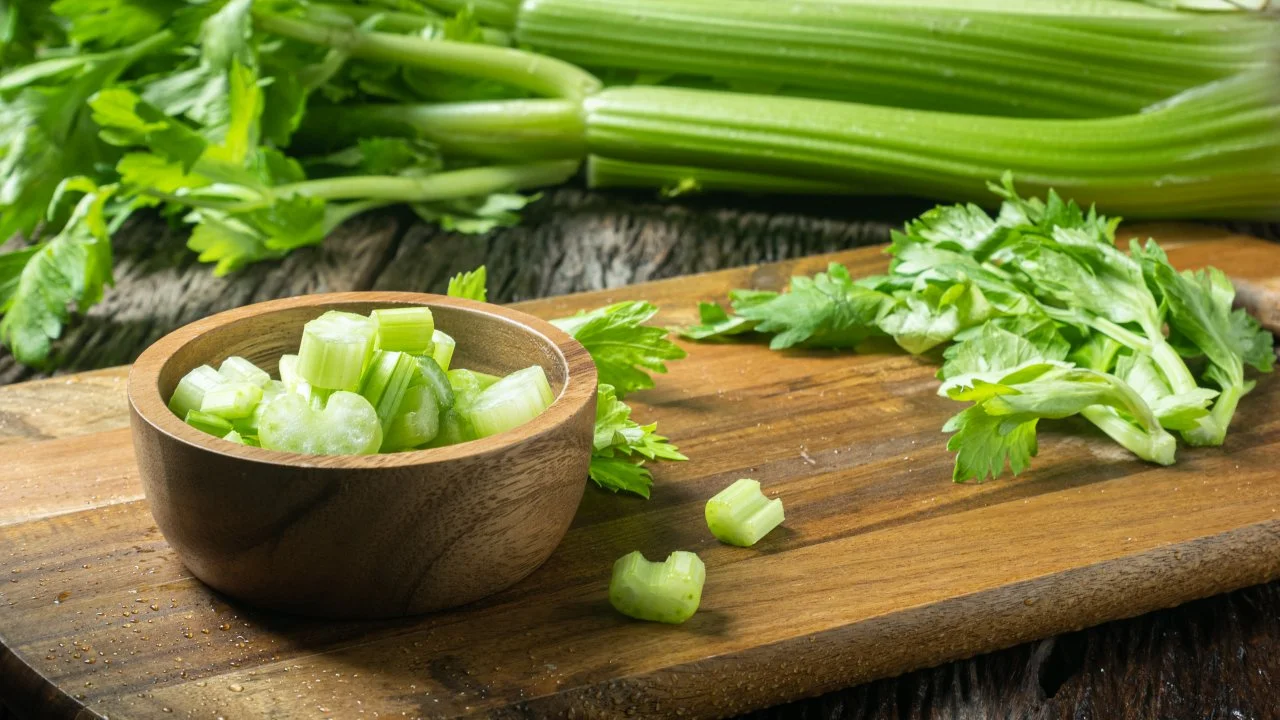
Plant compounds in celery, such as nitric oxide and phthalides, may help lower blood pressure. The dilating effect of phthalides on blood arteries opens up the artery walls, reducing the pressure that blood must overcome to flow. Celery also increases blood flow by stimulating nitric oxide production, a signalling chemical that widens blood arteries.
Hibiscus
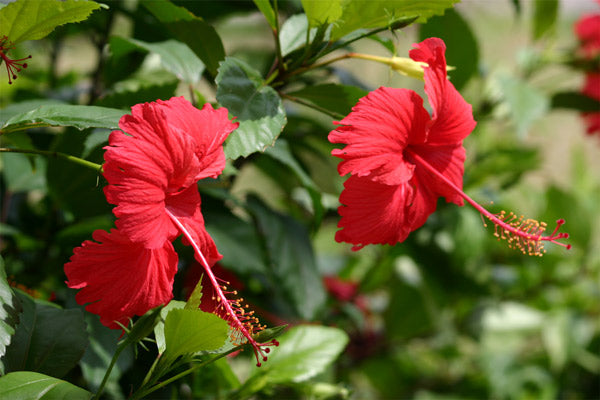
Human studies have shown that the natural angiotensin-converting enzyme (ACE) inhibitor characteristics of hibiscus tea cause a reduction in blood pressure. Anthocyanin, beta-carotene, and vitamin C are just a few of the antioxidants found in abundance here. Free radicals cause health problems, including diabetes, cancer, and heart disease. Inflammation is associated with several diseases, including cardiovascular disease and rheumatoid arthritis; hibiscus shows promise in combating this inflammation. However, it’s crucial to remember that before making any significant changes to your diet, it is highly recommended that you consult your healthcare physician.
Parsley
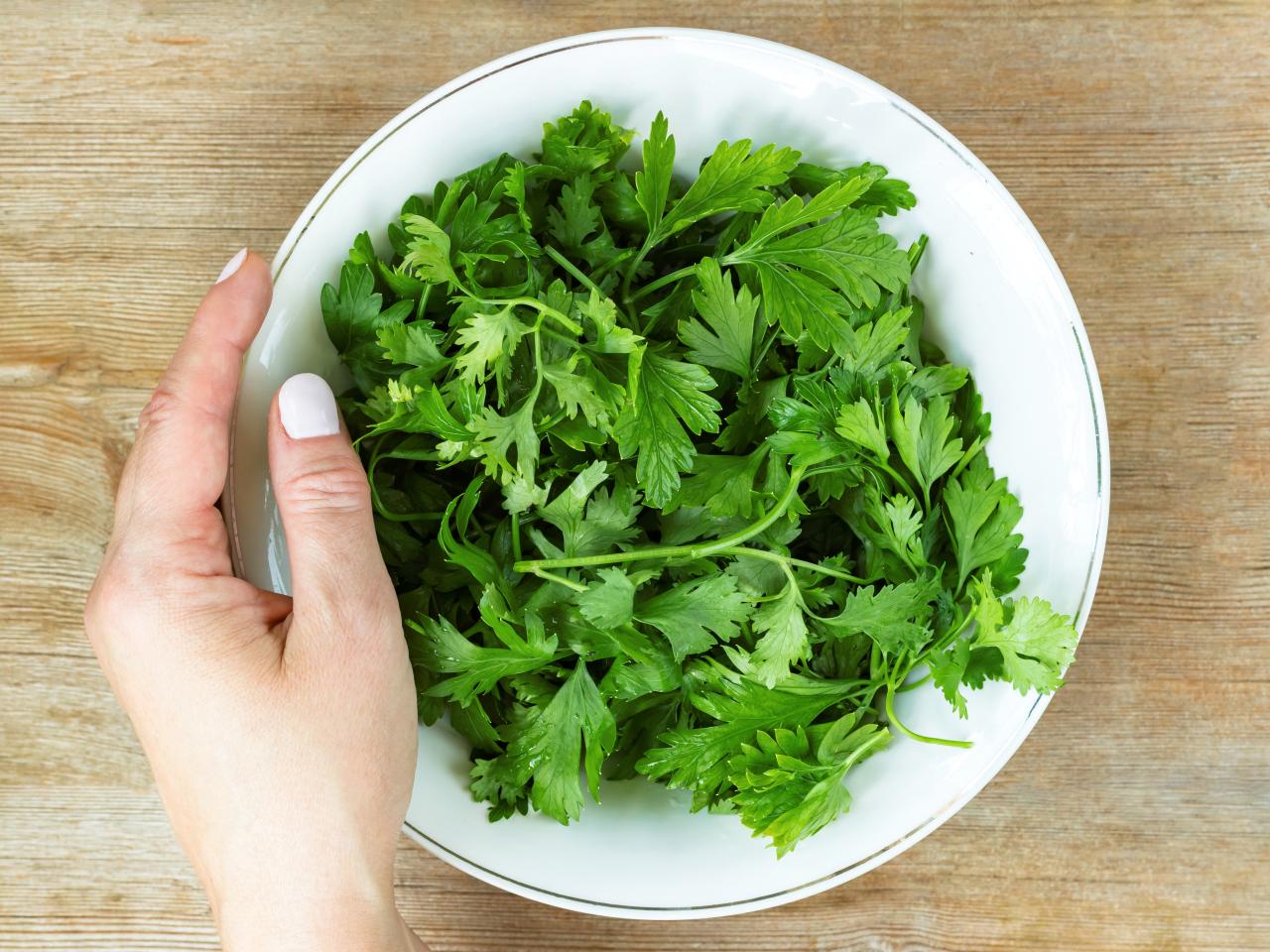
Among its many medicinal properties, the adaptable herb parsley helps control blood pressure. Fresh, chopped parsley half a cup (30 grams) is an excellent source of vitamin A (108% of the RDA), vitamin C (53% of the RDA), vitamin K (547% of the RDA), potassium (4% of the RDA), and folates (11% of the RDA). Because of its remarkable concentration of vitamin C, carotenoids, and flavonoids—which help lower the risk of cancer and cardiovascular disease—parsley is an excellent antioxidant. Benefiting vasodilation, better blood flow, and safe blood pressure, its high nitrate concentration is a gift.
Thyme
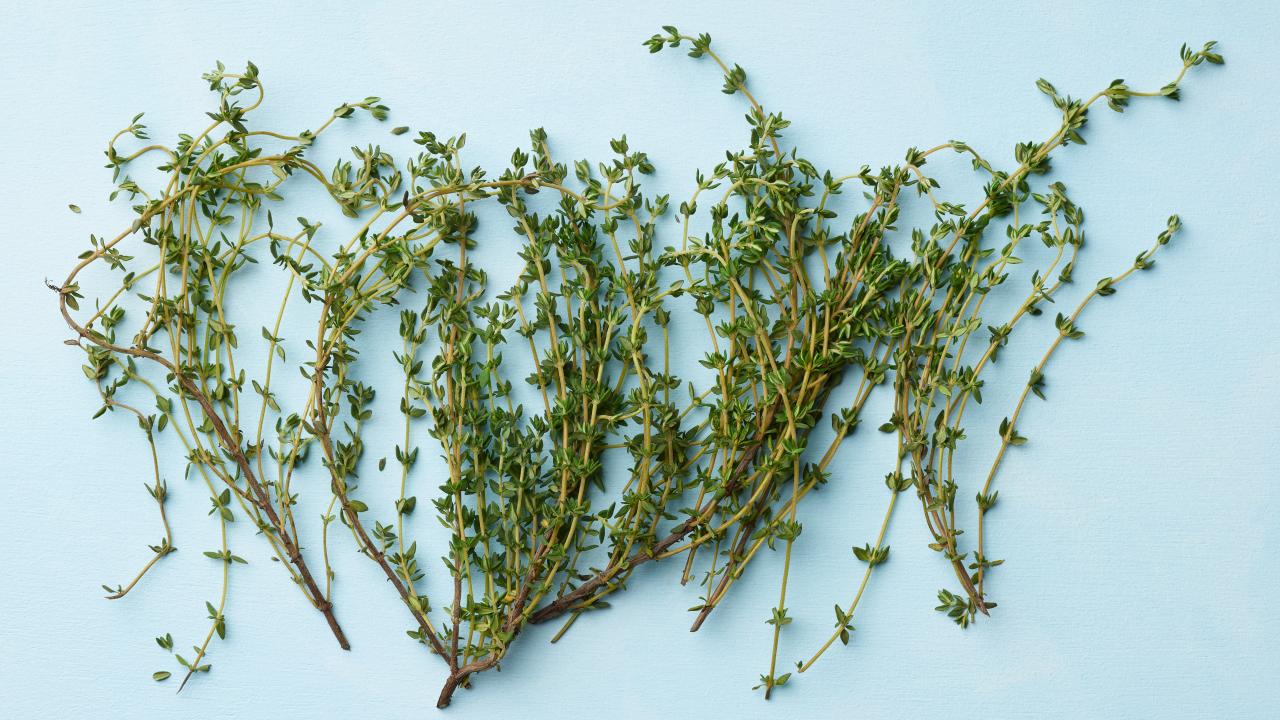
Thyme, with its potent rosmarinic acid concentration, has the potential to stimulate blood flow and relax blood vessels. This could be a significant benefit for the aromatic herb in treating hypertension. Animal studies have shown that rosmarinic acid, by blocking angiotensin-converting enzymes, might reduce blood pressure. However, it’s crucial to remember that before making any drastic changes to your diet, it’s always best to consult your doctor for personalised advice.
Turmeric
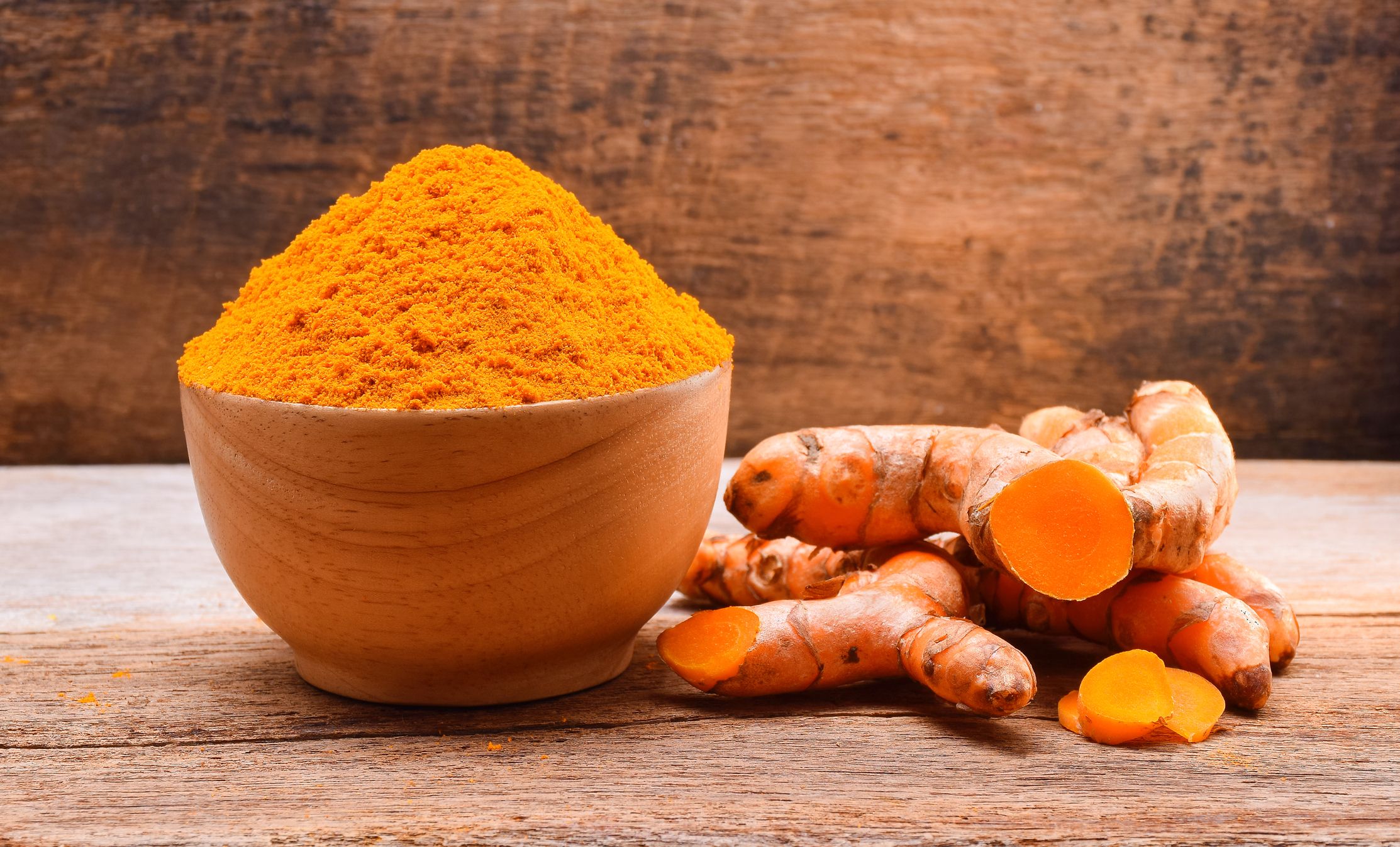
Especially for curcuma, turmeric has anti-inflammatory and antioxidant properties that help to lower blood pressure. Reducing blood pressure levels helps curcumin improve blood vessel function. It also reduces the enzyme angiotensin, maintaining normal blood pressure and encouraging smoother blood flow. Using fresh turmeric root, turmeric powder in cooking, or a golden paste by blending turmeric, black pepper, healthy fats, and heat can help you maximise turmeric to lower blood pressure. See your doctor for precise directions.
Avena Sativa

Oat beta-glucan, antioxidants, and avenanthramides make oats—also known as Avena sativa—a healthful grain that could improve heart function. Oat beta-glucan might help to lower cholesterol and blood pressure. Among the antioxidants in oats are also Avenanthramides, which have anti-inflammatory properties and support overall cardiovascular health. Iron, manganese, and zinc in oat straw define healthy blood circulation. Among the many kinds of oats are fresh milky seed, mature seed, whole oat grains, and oat bran. Mature seeds are high in minerals, including silicon, manganese, zinc, and vitamins A, B1, B2, and E; fresh milky seeds contain the highest notable mineral content, including oats in your diet, whether whole grains, oat bran, or oatmeal, will be a terrific and heart-healthy choice.
Soursop

Soursop is a heart-healthy vegetable with possible health advantages, often called Graviola or guanabana. Its potassium level helps remove salt and relax blood vessel walls, decreasing blood pressure. Rich in antioxidants, they also fight free radicals and lower oxidative stress, lowering inflammation. However, before changing your diet significantly, you should see a doctor.
Agathosma

Rich in rutin, a bioflavonoid boosting circulation and blood vessel strength, Buchu is a South African herb with minimal diuretic action. However, little clinical evidence might help to maintain normal blood pressure. Buchu is under research on congenital heart failure and high blood pressure treatment; its natural polyphenols could have anti-tumour properties. Still, you should see a doctor before changing your diet dramatically.
Tea Plant
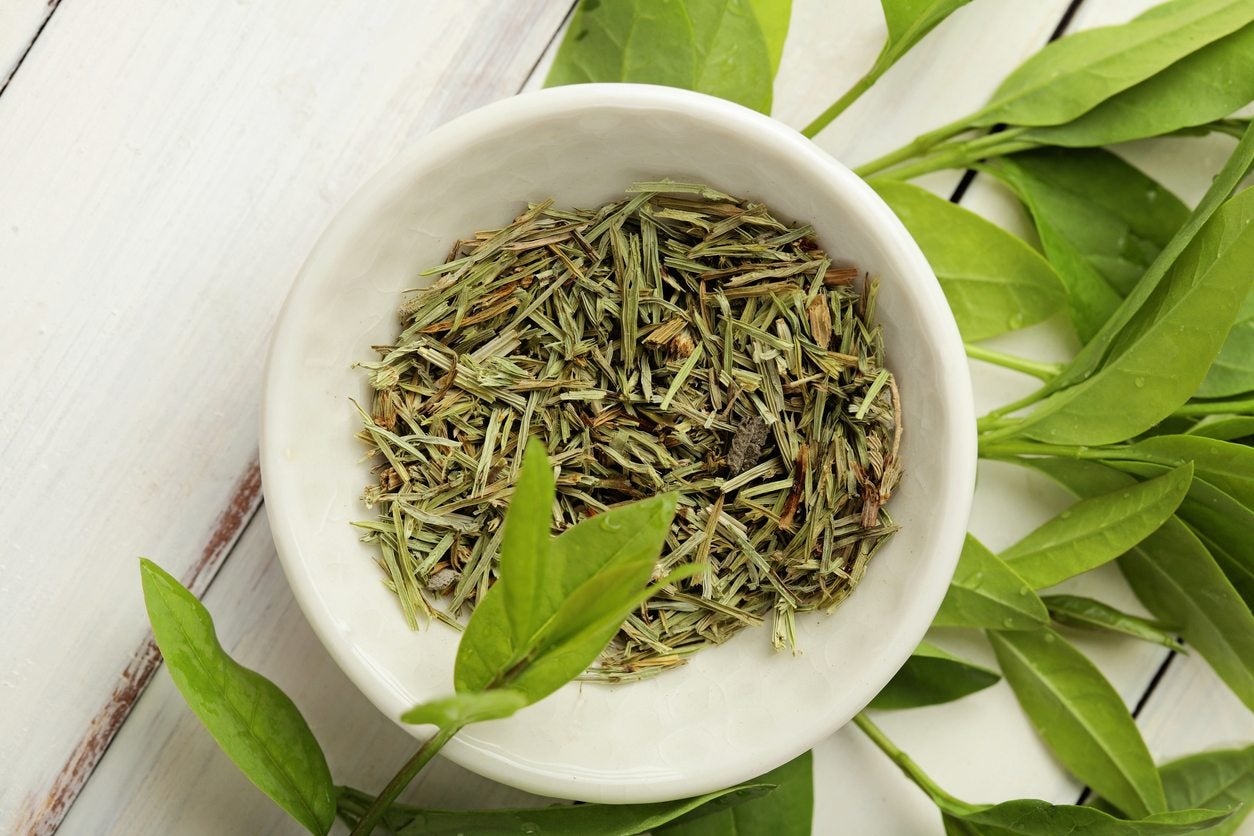
Relaxing blood arteries allows tea—especially hibiscus tea—to help control blood pressure. Made from dried hibiscus flower petals, hibiscus tea includes polyphenols and anthocyanins, which are claimed to decrease systolic and diastolic blood pressure. Made from Camellia sinensis leaves, green tea contains catechins, including epigallocatechin gallate (EGCG), associated with lower blood pressure. Made from olive tree leaves, olive leaf tea boasts oleuropein and hydroxytyrosol, which help to control blood pressure and relax blood vessels. Moreover, black tea is related to a drop in systolic and diastolic blood pressure.
Cardamom
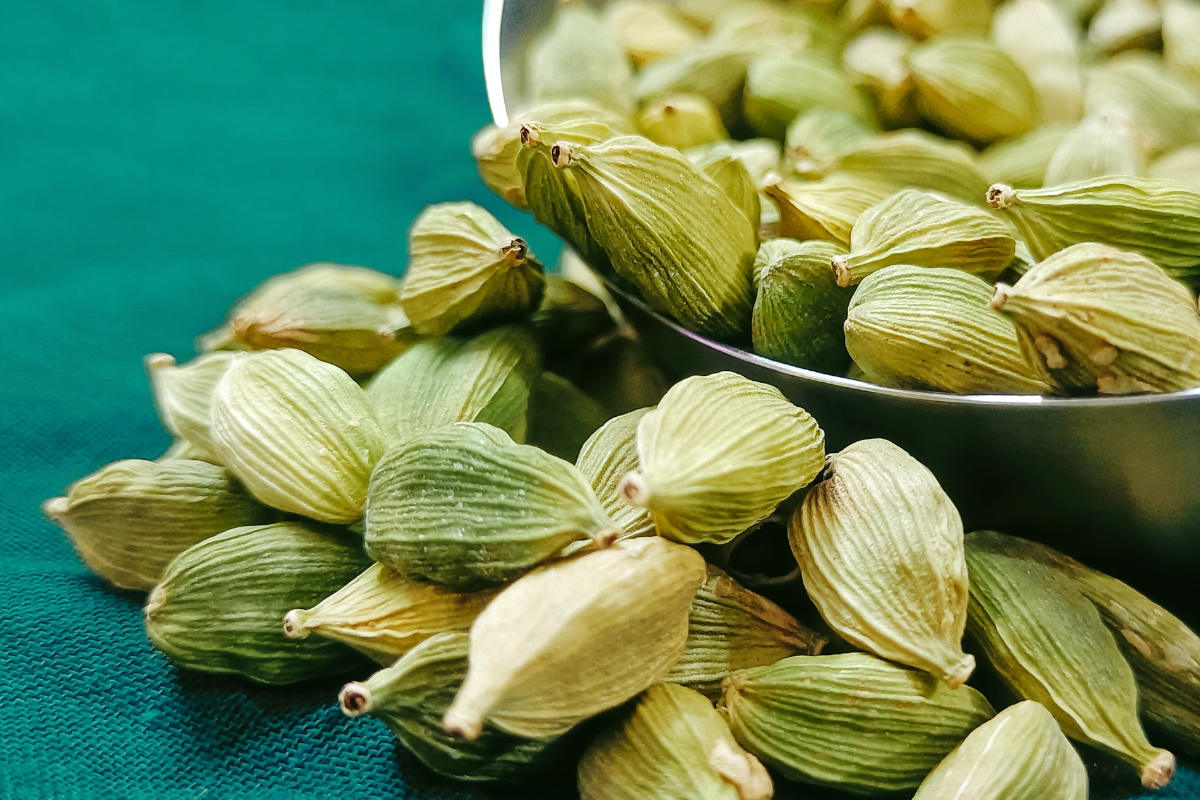
Cardamom’s antioxidant and diuretic qualities might help those with high blood pressure. Its antioxidants have been associated with reduced blood pressure and encourage urine, hence relaxing blood vessel walls. However, human research is still necessary to confirm these conclusions because most studies use mice or test tubes. Before making major dietary adjustments, one is advised to see a healthcare professional.
Cassia Absus
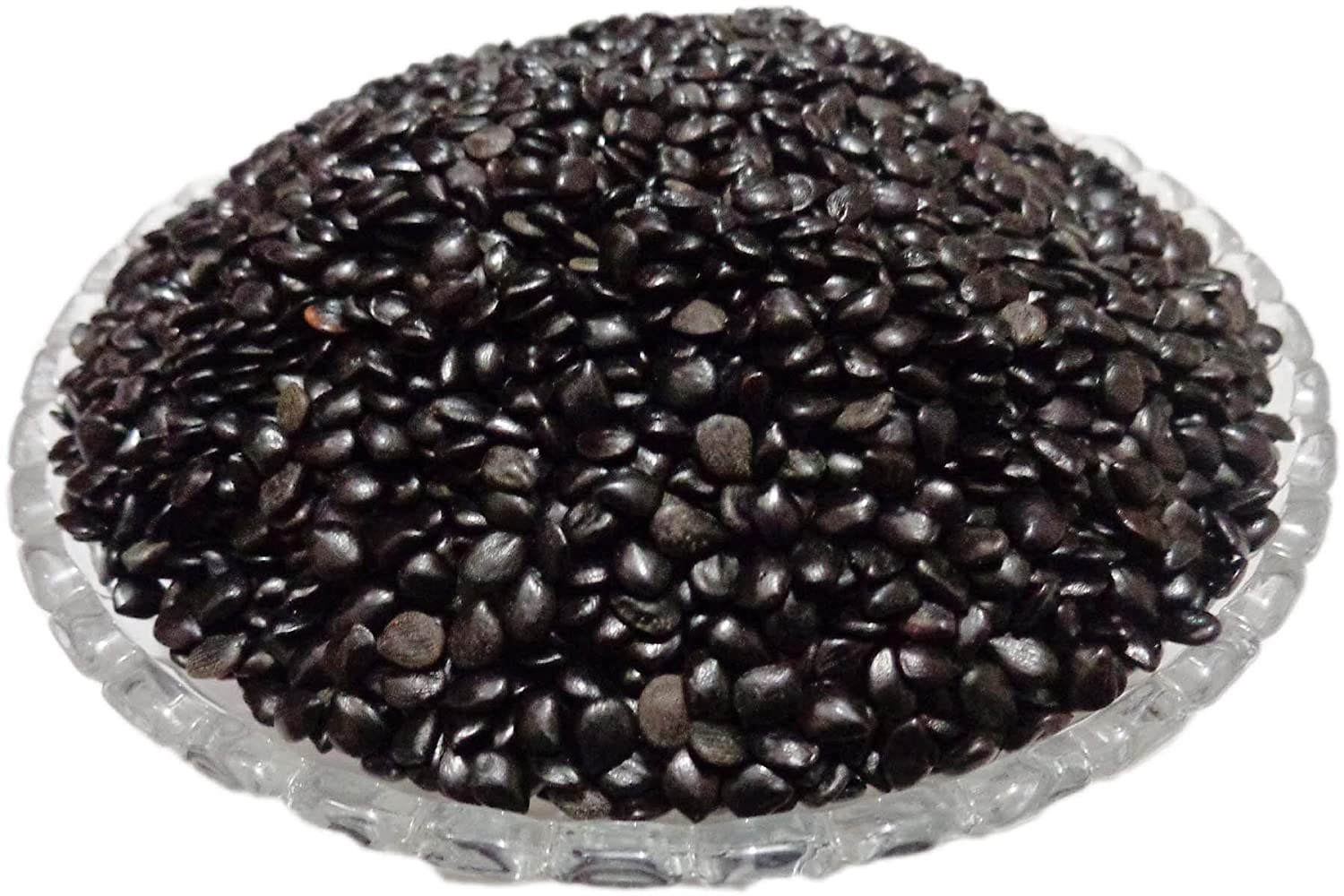
Cassia Absus, often called chaksu or chaskoo, may help control blood pressure. It is an astringent, antimicrobial, hypotensive agent. It boasts sterols, vital fatty acids, and alkaloids. Regular Cassia Absus consumption—such as in tea—may help reduce high blood pressure and boost circulation. Before changing your diet significantly, see a healthcare professional.
Cayenne Pepper

Cayenne pepper may help lower blood pressure because of its capsaicin component, which causes nitric oxide (NO) synthesis, a significant dilating effect on constricted blood vessels. Though small in weight, cayenne pepper is high in minerals like potassium, magnesium, and vitamin A that promote heart activity and overall wellness. Regular eating may reduce the risk of cardiovascular disease and stroke. Still, visiting a medical practitioner before drastically changing your diet would be best.
Wild Carrot
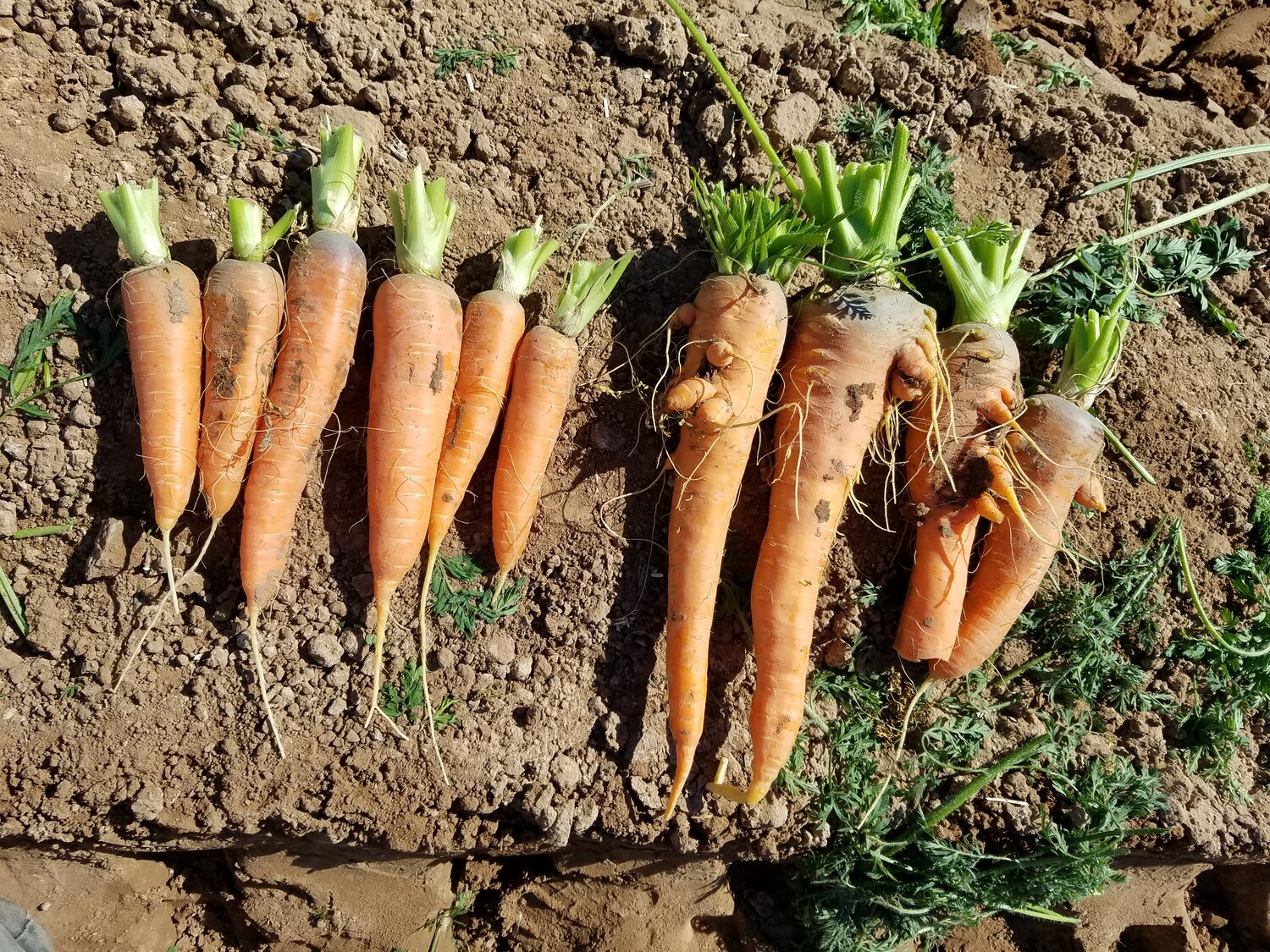
Those with hypertension might relieve their symptoms by drinking Daucus carota, often called wild carrot. Apart from enhancing cardiac condition, it regulates blood pressure. Wild carrots’ hepato-protective qualities help the liver stay free from sickness and boost the body’s immunity against cancer and infections. Still, consulting a doctor is advisable before changing your diet significantly.
Onion
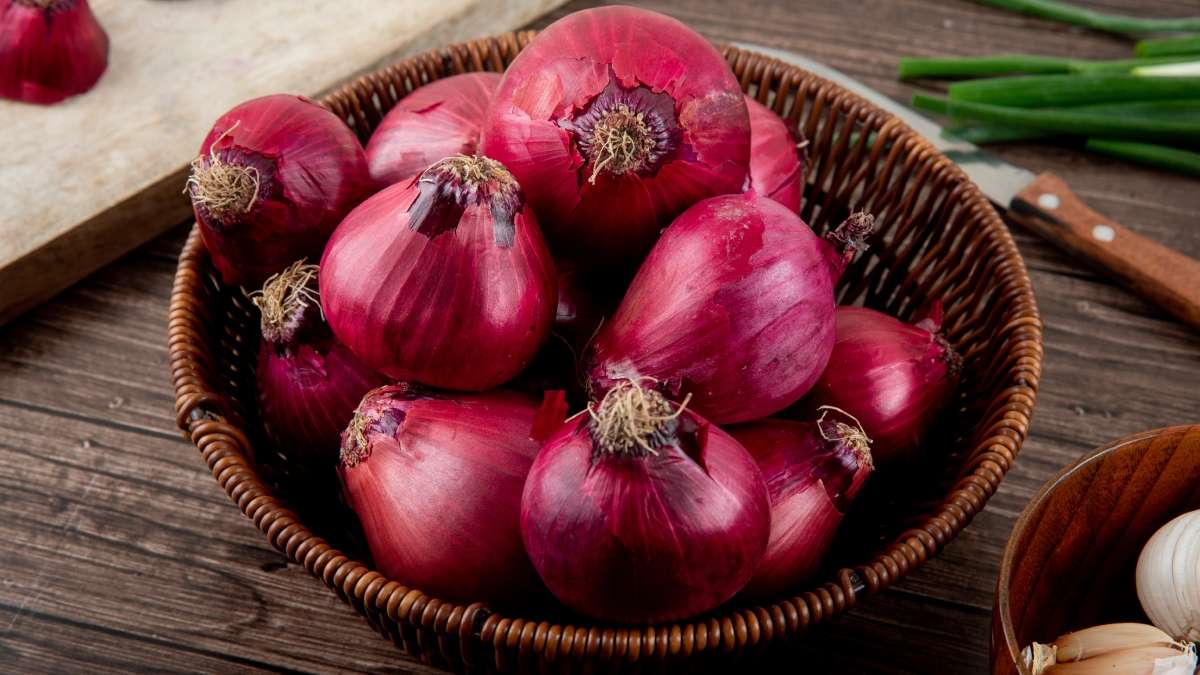
Because onions contain quercetin, a flavonoid antioxidant with anti-inflammatory properties, they may help lower blood pressure. A short study of obese persons with hypertension found that an onion extract high in quercetin reduced systolic blood pressure. Still, visit a doctor first before changing your diet significantly. Gain from onions’ heart-healthy attributes.
Radish

Root vegetables, including radishes, contain nutrients like calcium, potassium, and antioxidants. Controlling blood pressure, maintaining good blood vessel function, creating collagen, and protecting red blood cells may help reduce blood pressure. While radishes also help limit damage to red blood cells and boost oxygen availability, high potassium consumption promotes good blood vessel functioning. Including radishes in your diet can help your heart.
Olive Leaf

Olive leaf extract is a natural cure with antioxidant qualities, including its ability to lower blood pressure. It has oleuropein, which helps to prevent cardiovascular disease by relaxing blood vessel walls. In research comparing olive leaf extract to Captopral for hypertension, systolic and diastolic blood pressure showed a significant drop. Olive leaf extract also lowers heart disease risk by stopping LDL cholesterol accumulation in arteries, boosting blood flow. However, you should see a healthcare professional before drastically altering your diet.
Conclusion
Herbs have been used effectively for centuries to control high blood pressure; traditional knowledge and modern science agree on their utilisation. Herbal treatments might be a terrific addition, even if medicines and lifestyle changes are required to manage hypertension. However, herbs are not a quick fix and may conflict with other medications or medical conditions. See a doctor first before including herbs in your course of treatment. Herbal medications, when included in our daily life and medical regimen, help us regulate blood pressure, reduce cardiac problems, and feel better generally. Though herbs offer natural benefits, one should visit a doctor before using them.

